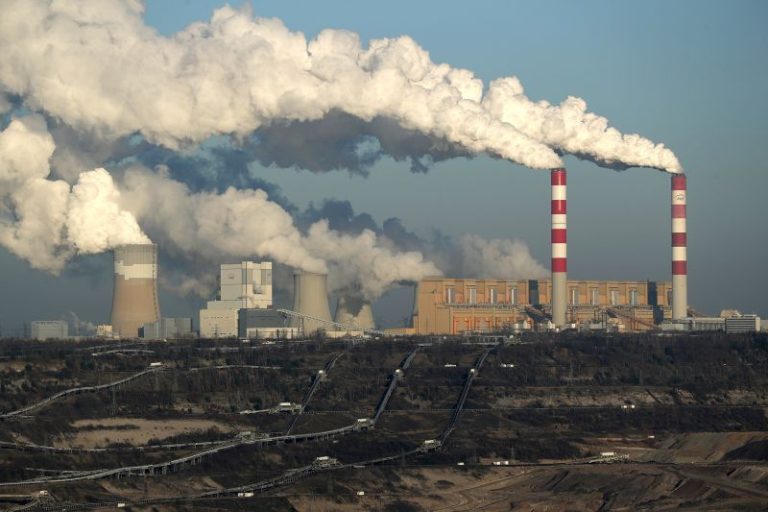In the latest clear evidence that the world remains wildly off track when it comes to tackling the climate crisis, the UN has found that even if countries enact all of their current climate pledges, planet-heating pollution in 2030 will still be 9% higher than it was in 2010.
This reveals a stark gap between the course nations are charting and what science says is needed to avert the most catastrophic impacts of climate change.
According to the Intergovernmental Panel on Climate Change, the world needs to decrease emissions by 45% by the end of this decade compared to 2010 to meet the internationally-agreed ambition of limiting global warming to 1.5 degrees Celsius above pre-industrial levels. An increase of 9% means that target is way off.
Scientists consider 1.5 degrees a key threshold beyond which climate change impacts — including more frequent and more severe heat waves, droughts and storms — will become hard for humans and ecosystems to adapt to.
The findings are from a report published Tuesday by the United Nations Framework Convention on Climate Change (UNFCCC), which every year analyzes individual national plans to slash emissions — called Nationally Determined Contributions (NDCs) — of the 195 countries signed up to the Paris Climate Agreement.
Despite a dramatic increase in dire warnings from climate scientists, emissions are still on the rise. This year’s NDC Synthesis report does, however, offer a tiny glimmer of hope. The findings show that the upward trend in emissions is at least starting to slow, and emissions could peak and start decreasing before the end of the decade.
Projections show that emissions in 2030 will be 2% lower than they were in 2019, and 3% lower than the estimated levels for 2025, according to the report.
That’s largely because some countries have recently boosted the ambition levels of their climate plans, which has translated to a fractional improvement on last year, when the UN found countries were on track to increase emissions by 11% by 2030 compared to 2010 — and the year before that, when the figure was 14%.
But these are all very much “baby steps,” said Simon Stiell, executive secretary of the UNFCCC, in a statement.
UN Secretary General António Guterres said the report shows that “the world remains massively off track to limiting global warming to 1.5 degrees Celsius and avoiding the worst of climate catastrophe.”
“Global ambition stagnated over the past year and national climate plans are strikingly misaligned with the science,” he added in a statement. “As the reality of climate chaos pounds communities around the world — with ever fiercer floods, fires and droughts — the chasm between need and action is more menacing than ever.”
A second UN report also published Tuesday analyzed countries’ 2050 plans to reach net zero — where they decarbonize their economies as much as possible and remove any remaining planet-heating pollution from the atmosphere.
It found that if all long-term strategies were implemented on time, these countries’ emissions could be roughly 63% lower in 2050 compared to 2019. Although the report noted that many net zero targets remain uncertain and have long deadlines, postponing critical action into the future.
Tuesday’s findings follow the UN’s Global Stocktake report released in September, which also confirmed that governments are not moving fast enough to avoid catastrophic levels of warming. It warned there was “a rapidly narrowing window to raise ambition and implement existing commitments.”
Stiell said these findings should catalyze bolder action at the UN’s upcoming COP28 climate summit in Dubai. “Every fraction of a degree matters, but we are severely off track,” he said. “COP28 is our time to change that.”
At COP28, countries will complete the global stocktake exercise, where they assess progress on climate action. The process is intended to feed into the next round of more ambitious national climate action plans due to be submitted to the UN in 2025.

